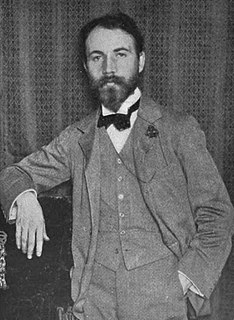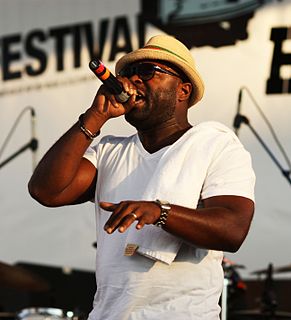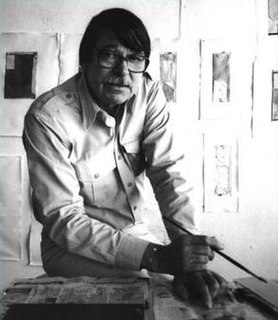A Quote by Jacques Bertin
In the visual arts, for example, the semiological approach to graphics provides a rigorous analysis of the visual means used by the artist. It defines the basic properties and laws governing the arts and suggests objective criteria for art criticism.
Related Quotes
Art, in the widest sense of the word, is the instrument Hellenism has used and would use for that purpose. All the arts, poetry, music, ritual, the visual arts, the theatre, must work singly and together to create the most comprehensive art of all, a humanized society, and its masterpiece, the free man.
Art is a funny thing. It's a communicative medium. It really is, and it works outside of literature, the movies, stage, it has its own realm. It's like when you say "The Arts," those are all the arts, dance, theater, ballet. So within that set of areas of expression, we have visual art and it is visual and it's about looking at something and seeing it in the light with our eyes, maybe touching it or not touching it, or wanting to touch it, not being able to touch it.
As far as stimulus from the visual arts specifically, there is today in most of us a visual appetite that is hungry, that is acutely undernourished. One might go so far as to say that Protestants in particular suffer from a form of visual anorexia. It is not that there is a lack of visual stimuli, but rather a lack of wholesomeness of form and content amidst the all-pervasive sensory overload.

































